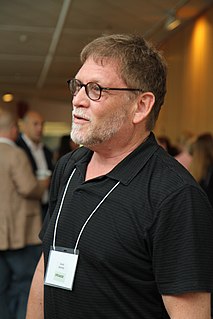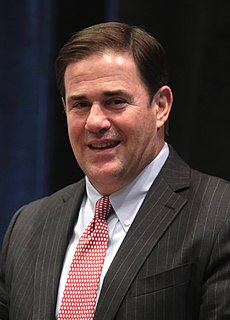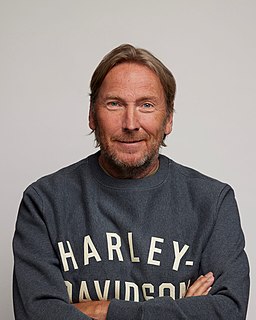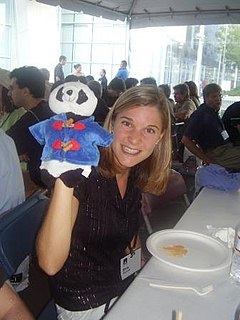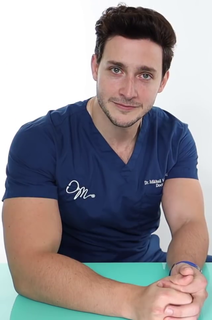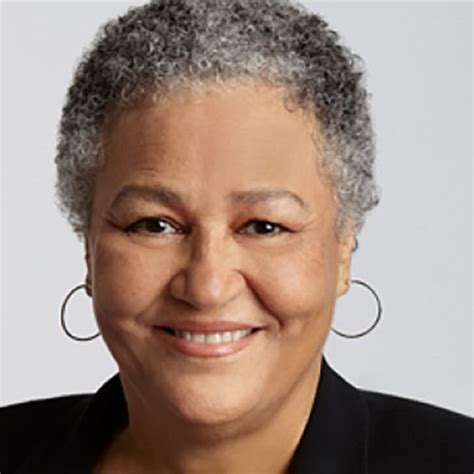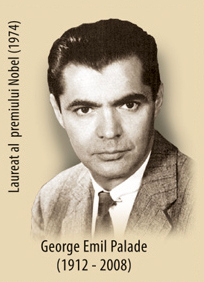A Quote by David Bolinsky
Anyone having to do with medicine will have looked at Frank Netters art work... I decided I would make him my model... getting my degree in medical illustration and then going on to medical school.
Related Quotes
Unless we put medical freedom into the Constitution, the time will come when medicine will organize into an undercover dictatorship to restrict the art of healing to one class of Men and deny equal privileges to others; the Constitution of the Republic should make a Special privilege for medical freedoms as well as religious freedom.
I was not a person who you would find on social media traditionally, but when I was introduced to Instagram, I saw it as a way to show other medical students on their journey that you don't have to give up your life to study medicine. The stigma that you can't have a life in medical school was a fallacy, and I was the living proof of that.
I got into medical school at the University of California in San Francisco and did well. A lot of smart kids in medical school, and believe me, I wasn't not nearly the smartest one, but I was the most focused and the happiest kid in medical school. In 1979, I graduated as the valedictorian and was honored with the Gold Cane Award.
In many ways, the effort to study philosophy was my rebellion away from medicine. I'm the son of two Indian immigrant physicians, so the natural path for me would have been to become a doctor. I ended up doing the master's degree at Oxford in politics, philosophy, and economics while already having a seat in medical school. I was keeping that as my escape hatch. But my hope was that I might become a philosopher or something else entirely.
Medical knowledge and technical savvy are biodegradable. The sort of medicine that was practiced in Boston or New York or Atlanta fifty years ago would be as strange to a medical student or intern today as the ceremonial dance of a !Kung San tribe would seem to a rock festival audience in Hackensack.
In 1973, I left the Rockefeller University to join the Yale University Medical School. The main reason for the move was my belief that the time had come for fruitful interactions between the new discipline of Cell Biology and the traditional fields of interest of medical schools, namely Pathology and Clinical Medicine.
Many of those in the medical fraternity instantly label treatments in the traditional, natural or holistic health fields as quackery. This word is even used to describe Traditional Chinese Medicine and the Indian Ayerveda, two medical systems which are far older than Western medicine and globally just as popular.
